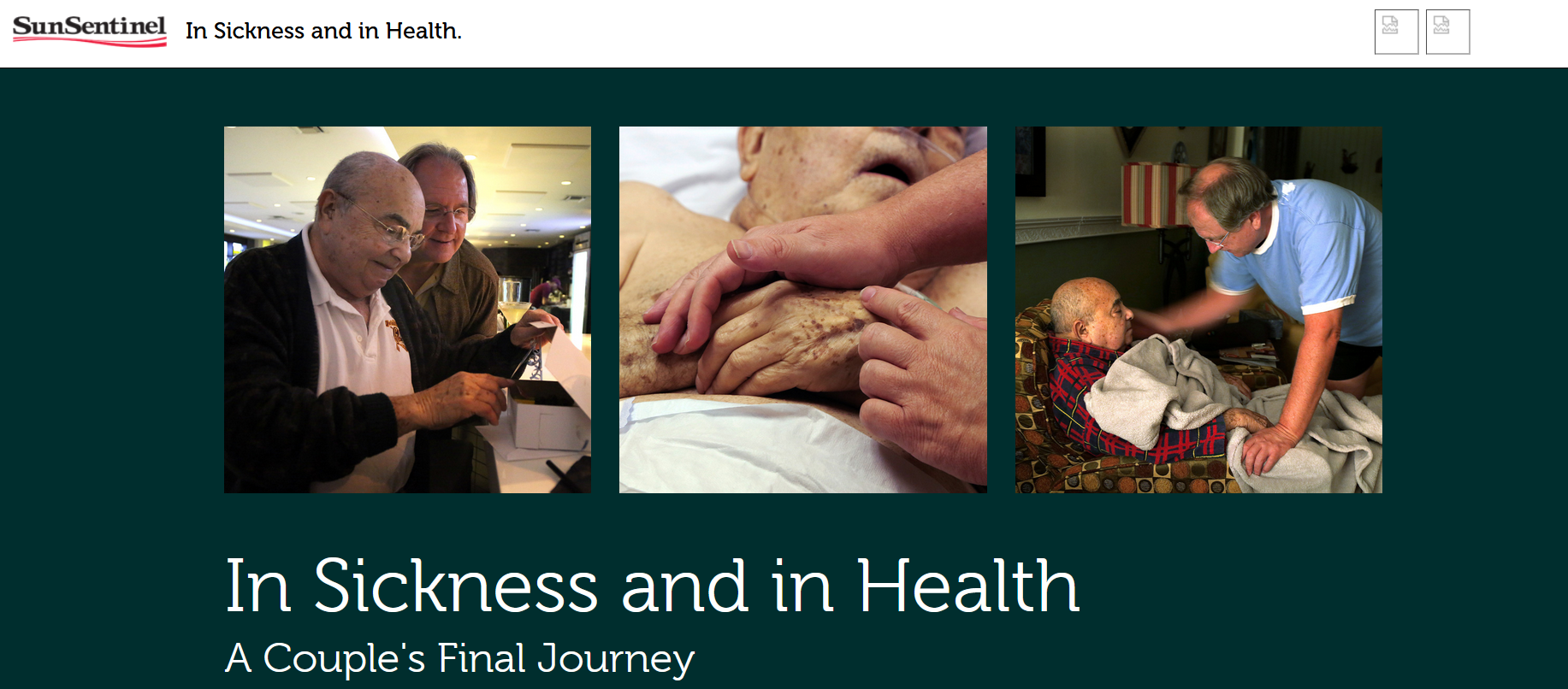Carers have an incredibly difficult job. Even those who have gone into the vocation of carer with a career in mind will face struggles. From emotional, to physical, the job of a carer is not easy. If you feel fulfilled doing it, however, it can be a very rewarding job. Those that need extra help around the house, with learning, or with dealing with their medical chores will be eternally grateful to you. When it comes to making a difference for others, carers are at the front of the line.
Types of Carers
Generally speaking, there are three main branches of carers outside of the medical industry.
· Adult Carers
These disability carers take care of adults or seniors who need extra care or support going about their day. They can be friends or family, or you can be hired specifically to help those with advanced needs at their home.
· Child Educator Carers
Children with disabilities, special needs, or learning disabilities are still children who deserve to learn, which is why child educator carers exist. These carers teach as well as care for their patients to ensure they receive an education and are cared for appropriately while they are at school.
· End-of-Life Carers
End of life carers can either work in a hospice or at the home of a person in need. Their jobs are some of the most emotionally taxing, as the expectation is that you will be there to care for them right up until their death.
Deciding Which Career Route is Best for You
It can be difficult to choose which career route is best for you, but thankfully, most roles bleed into one another. The only exception, of course, is when you want to teach children who have advanced needs. You will need to achieve certifications both to be a carer and to teach.
How to Further Your Career
To further your career, you have several options.
· Go Back to School
This is ideal for teachers who wish to specialize and therefore improve the value of their skills. With Merrimack teaching degrees, you can either obtain an M.Ed. in Moderate Disabilities or achieve an add-on license.
· Network
Networking is essential for every career, especially if you are working on a freelance basis. You need to build up your client list or find your way into a great agency so that you can find consistent work, are paid appropriately, and above all else have a support group behind you that you can turn to if a patient’s death or suffering hurts you.
· Visit Conferences and Events
Conferences, events, and other industry-related workshops are great ways to improve your career. They are also essential networking opportunities, so either buy a ticket yourself or convince your employer to sponsor you.
· Know How to Negotiate
Last but not least, remember that you will need to negotiate. This means negotiating your salary, or even for a day off. You have needs as well, and you need to take care of those needs so that you can, in turn, provide the best care for your patients.













